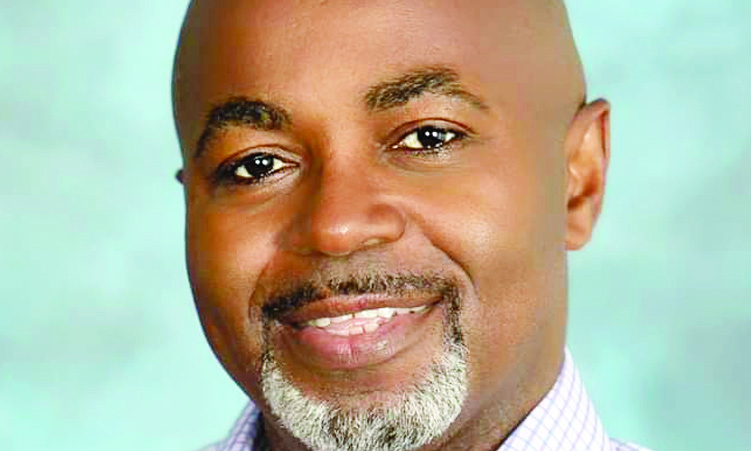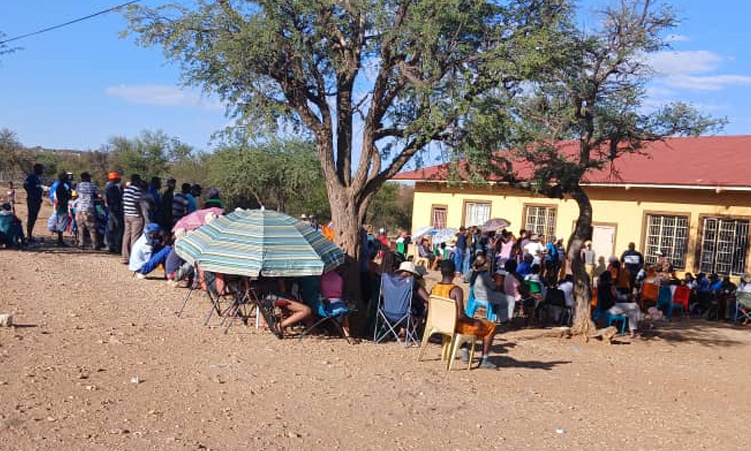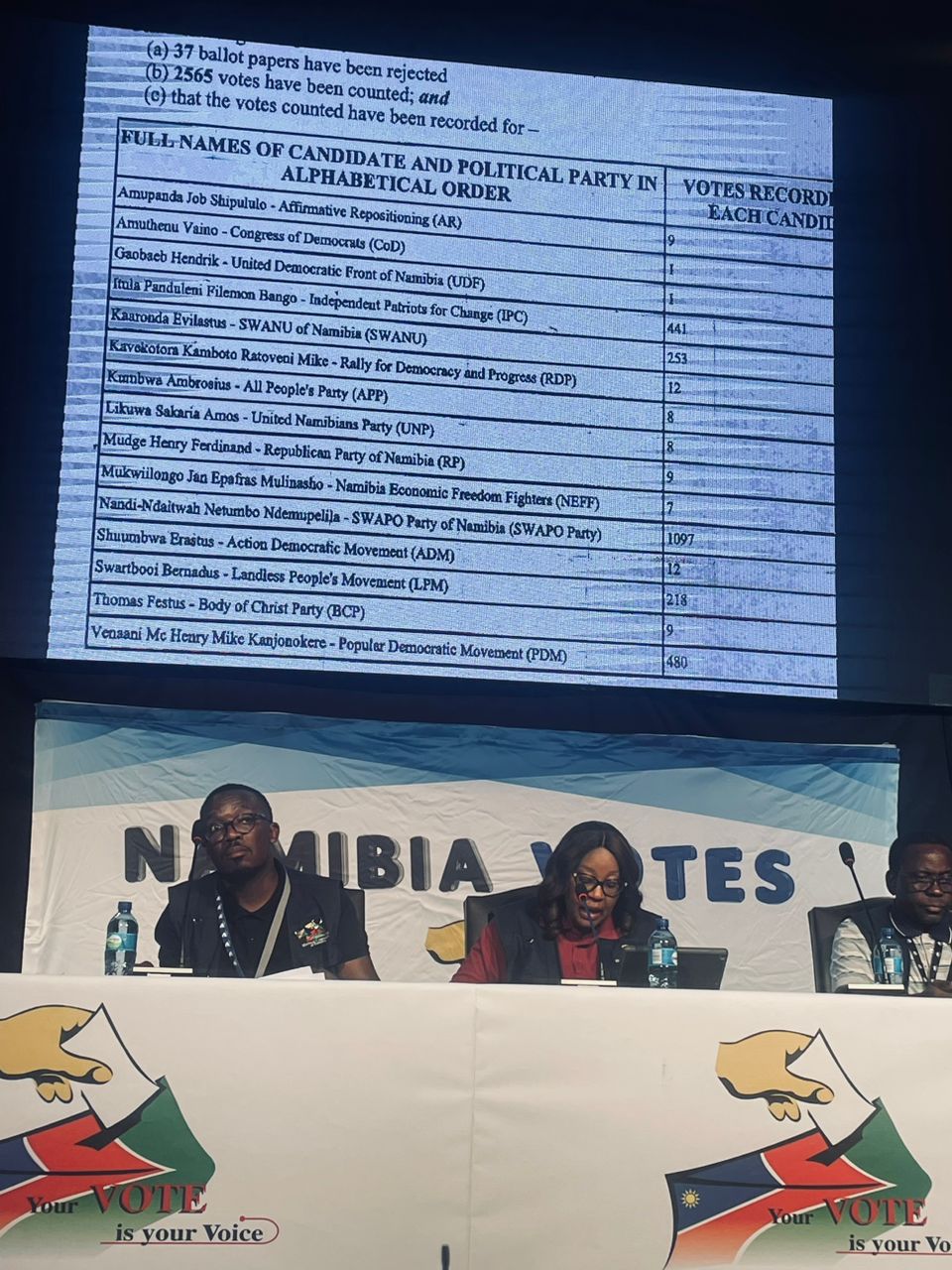The rise of women in leadership positions marks progress and is one of the most captivating narratives of our time.
As the world seeks to be more inclusive, women are taking on the challenge and vying for positions traditionally seen as men’s domain.
In the past, their involvement in development was peripheral, while their roles and contributions were significantly undervalued.
It transitioned from the Women in Development (WID) approach of the early 1970s, which bordered on incorporating women into existing development paradigms, to the Gender and Development (GAD) strategy in the 1980s.
GAD went beyond including women in development processes to transform the status quo by challenging the structures that bred gender inequalities.
This evolution has opened a window to tremendous developments worldwide, especially in leadership positions in multiple sectors.
There is marked progress in promoting gender equality and increasing women’s leadership roles in the Southern African Development Community (SADC).
The commitment of the SADC Protocol on Gender and Development ensures that member states are obligated to attain at least 50% of female decision-making positions in the public and private sectors.
Thus, SADC member states, including countries such as South Africa and Namibia, are exemplary and have made varying degrees of progress toward this goal.
WATERSHED ELECTIONS
That brings us to a potential watershed moment in Namibia’s political history: Swapo’s presidential candidate, Netumbo Nandi-Ndaitwah, is set to make history if she becomes the country’s first female president during next month’s elections.
Her candidature marks a potential personal victory, but also serves as a milestone for gender advocates worldwide.
The extensive work experience of Nandi-Ndaitwah within government and party structures enables her to bring a combination of insight and skill second to none. She is thus a prepared force to take Namibia into the future.
Given the number of female candidates in the race for the presidential election this November, we can safely assume that Namibia is likely to witness the first elected female president.
The effects would reverberate further than inside Namibia’s borders.
It would be a significant step toward attaining global frameworks such as Goal 5 of the United Nations Sustainable Development Goals, which calls for equality between men and women and empowerment.
SHIFTING THE PARAMETERS
United Nations data reveals that when women are placed on the frontline of leadership, they bring in views, ideas and solutions that introduce changes to resolve social and economic challenges, helping create just societal living and improving well-being.
There are countless examples of transformative women’s leadership.
Countries like Mexico, where Claudia Sheinbaum was elected as the first female mayor in Mexico’s capital in 2018, have drastic policy shifts toward more sustainable and inclusive governance under women’s leadership.
New Zealand under Jacinda Ardern and Taiwan under Tsai Ing-wen presented progressive reforms, coupled with strong leadership highlighted even in times of crisis, such as the Covid-19 pandemic.
A female president elected in Namibia will set a perfect example for future generations of girls and young people within the country and region.
It will be tangible evidence that leadership is achievable for all, regardless of a gender-confirming belief in a more equitable and just world.
The reverberations of such a victory would be wide, touching not only what is current, but also the aspirations and possibilities of young girls across the continent.
THE PROMISE
As Namibia approaches this milestone election, the country is at an exciting juncture of choice between historical patterns and a future where gender parity in leadership is both a goal and a reality.
The election of the first female president in Namibia could be a leap towards the march of equality, underlining the critical role women play in giving leadership to societies and transforming them.
This is a timely development for Namibia and the world as it promises a future where leadership reflects the demography it hopes to serve and protect.
Indeed, the future of Namibia is female!
- • Michael Conteh is a gender specialist and advocate.
Stay informed with The Namibian – your source for credible journalism. Get in-depth reporting and opinions for
only N$85 a month. Invest in journalism, invest in democracy –
Subscribe Now!






